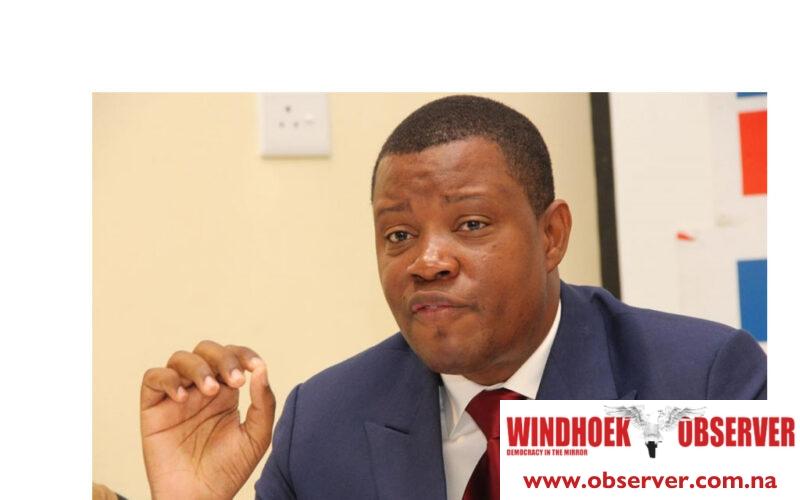Stefanus Nashama
McHenry Venaani, the leader of Namibia’s official opposition party, the Popular Democratic Movement, has taken issue with comments made by President Hage Geingob on the topic of the genocide in 1904.
The President delivered the remarks at the Paris Institute of Political Studies in France last week.
During the lecture, President Geingob opined that the cruelties of the apartheid-era South African regime surpassed the severity of the genocide enacted by Germany against the Nama and Ovaherero peoples.
Geingob said that some individuals, who collaborated with the regime during the apartheid era, are now prominent voices demanding reparations for the genocide.
The President, however, stopped short of naming these alleged collaborators.
These comments were made in the context of discussions surrounding the draft joint declaration between Namibia and Germany, in which the Namibian government has sought N$18 billion as reparations for the genocide.
Venaani countered Geingob’s statements by expressing deep concern that the President’s words risked causing more harm and reopening old wounds. Venaani argued that drawing comparisons between two distinctly tragic periods in Namibia’s history is an exercise in flawed judgment.
“It’s alarming for a Head of State to voice such divisive sentiments, especially as they threaten to deepen the pain of communities still grappling with the legacies of these historical calamities,” Venaani remarked.
He further criticized Geingob for choosing an international platform to express these contentious views, which, in Venaani’s opinion, doesn’t serve diplomatic interests.
“This isn’t merely an academic comparison; it demands a sophisticated understanding and the utmost diplomatic sensitivity,” he emphasized.
Venaani believes that such comments will sow discord, particularly at a juncture when Namibia struggles with economic challenges such as high youth unemployment, and environmental issues.
He branded the President’s words as inconsistent with resilience and global efforts to cultivate equitable societies.
By pitting one historical trauma against another, Venaani contended that Geingob’s statements could drive a wedge within the Namibian populace. He felt that such a discourse detracts from the overarching goal of forging a fairer future for all Namibians.
“It’s crucial that our public dialogue fosters unity, rather than sowing seeds of division and revisionism,” Venaani stated.
According to Venaani, historical estimates indicate that between 1904 and 1908, German military campaigns resulted in the deaths of approximately 80 percent of the Ovaherero and 50 percent of the Nama populations.
“These figures represent not just mere statistics but the devastation of entire communities, erasure of cultural identity, and decimation of social structures,” Venaani said while adding that the genocide could easily be described as one of the gravest oppressions of people in modern human history.




